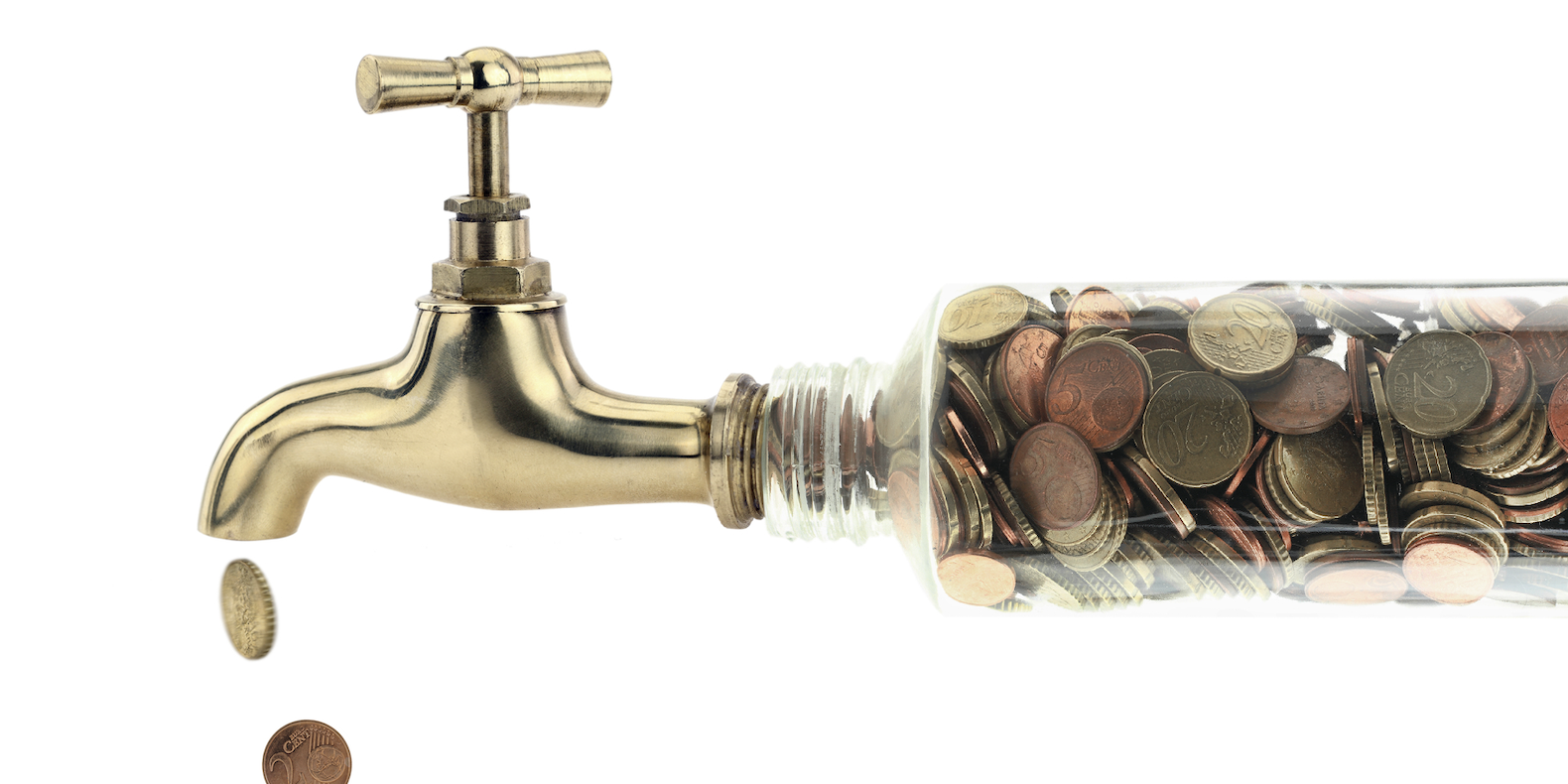Photo 24519164 / Water Crisis © George Tsartsianidis | Dreamstime.com
By Tracy Ledger
[First published in the Daily Maverick/Maverick Citizen]
National Treasury’s Municipal Debt Relief plan effectively means poor households must give up their constitutional rights to water and other basic services so that Eskom can balance its books.
At the last count, municipalities owed Eskom more than R56-billion. This is contributing to the utility’s financial problems. At the same time, as the debt grows, it becomes less likely that municipalities will actually be able to pay it off: more and more municipal customers are struggling to pay their accounts, and load shedding is having a significant impact on municipal finances.
Against this background, National Treasury’s Municipal Debt Relief plan (contained in MFMA Circular #124 dated 31 March 2023) seems like a positive development: it effectively writes off the arrears owed by municipalities, in return for their compliance with a list of requirements. That is, it seems like a positive development until you work out who is actually going to be paying for this.
Paragraph 6.12 requires the municipality to set up a dedicated and ring-fenced sub-account to its primary bank account. The municipality:
“must monthly first apply the revenue in the sub-account (required per paragraph 6.12.1) to pay its current Eskom account and then secondly its bulk water current account before it may apply the revenue in the sub-account for any other purpose.”
What this means is that the municipality must prioritise the payment of bulk providers before any other purpose with the funds in this account.
What is the source of funds for this sub-account?
Two are stipulated: the first is “all electricity, water and sanitation revenue the municipality collects in any month”. This makes sense – we want to ensure that income from the sale of services goes to paying bulk service providers so that we don’t end up in exactly the same municipal debt situation as we are currently in.
But the second source of funds for that sub-account represents the most astonishing collective punishment of the poorest households for a municipality’s debt to Eskom: it is
“the component of the Local Government Equitable Share (LGES) the municipality earmarked to provide free basic electricity, water and sanitation”.
This requires that the municipality must take ALL of the funding received for ALL of the free basic services and use it to pay bulk providers rather than providing free basic services. Poor households must give up their right to free services so that Eskom – which, let’s not forget, is in dire financial straits as much as a result of corruption and theft as because of municipal non-payment – can balance its books.
Instead of working to improve the delivery of free basic services, they have now made this effective theft from the poor official policy.
The debt relief programme is notionally optional for municipalities, but in reality is not. They face the threat of losing their electricity distribution licence if they owe money to Eskom, but fail to enrol in the programme. It is effectively compulsory and means that in all municipalities that currently owe money to Eskom poor households will be stripped of their free basic services.
The state regularly tells us about its programmes to ensure that all poor households have access to free basic services. It used this (“we provide free services to all poor households”) as part of its explanation for why ministers get free water and electricity in their official residences.
However, the Public Affairs Research Institute’s (PARI) research has shown that in reality these programmes are very poorly implemented: many of the households that should be getting free basic services are not getting them because the municipality is using the funds (i.e. the equitable share allocation) for other purposes.
Treasury has an oversight role in respect of ensuring that 10 million poor households receive those services from their municipality. But instead of working to improve the delivery of free basic services, they have now made this effective theft from the poor official policy.
Purposefully failing to register poor households as indigent is the main way in which municipalities have been able to avoid providing free basic services.
The value of these services for poor households is considerable – it represents about 10% to 20% of the household income of the poorest households. That is what Treasury is forcing already desperately poor and hungry households to give up as part of its “relief” plan.
Water disconnection
“We think we are free today, but we are not. It is as though they removed a rock on top of black people and replaced it with steel” —Philip Eyadini (quoted in Hungry for Electricity)
But it gets worse: The debt relief plan requires that municipalities use water disconnection as a credit-control tool – that is, they must cut off water from defaulting customers unless the customer is registered as an indigent household.
Our research has repeatedly shown that the number of registered indigent households is significantly lower than the actual number of poor households. Purposefully failing to register poor households as indigent is the main way in which municipalities have been able to avoid providing free basic services. Treasury is fully aware of this: now it is taking advantage to effectively strip millions of poor households of their constitutional right to water.
The outcome of Treasury’s requirement that water disconnection is used as a credit-control tool for all non-indigent-registered households means that millions of poor households will have their water disconnected if they fall into arrears on their municipal accounts.
South Africa has now become a country where it is official policy that if you cannot pay, you cannot access water.
We cannot – we must not – allow a situation where government policy can be written to simply erase Section 27 rights.


